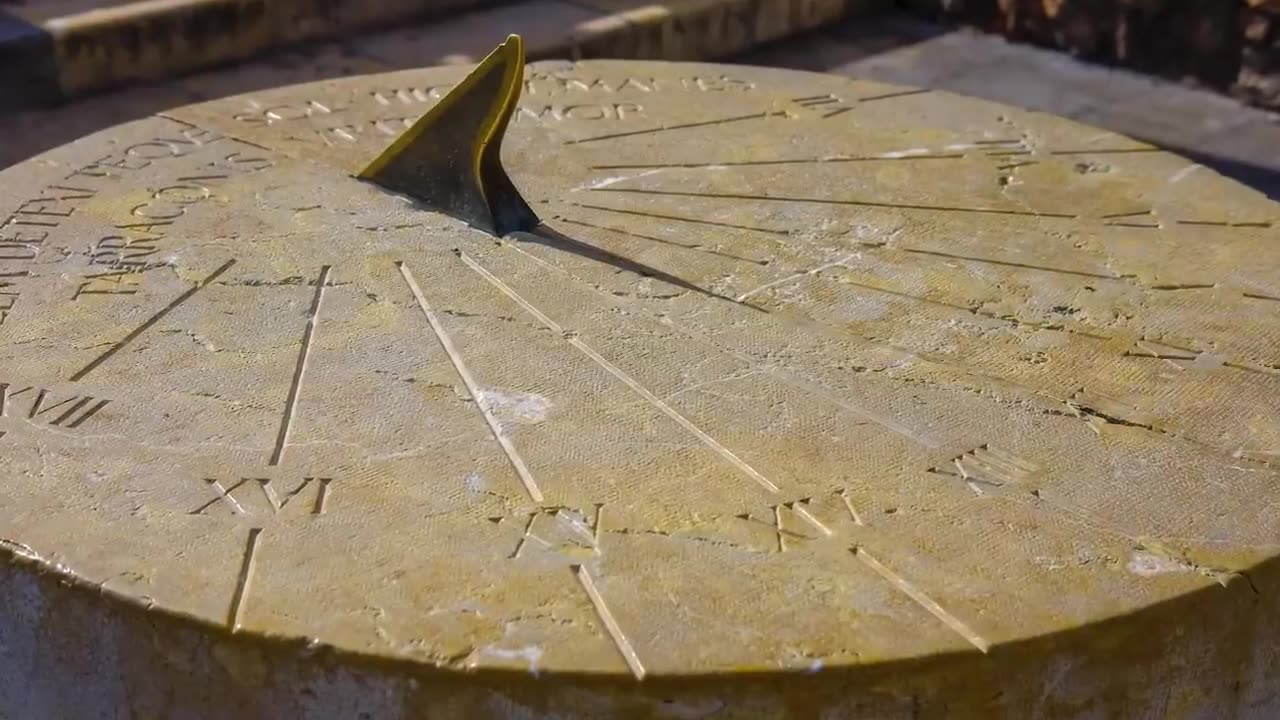Premium Only Content

How Do Planets Get Their Names ? We Asked a NASA Expert
Planets in our solar system are typically named based on a combination of mythology, tradition, and astronomical discoveries. The process of naming planets involves both scientific considerations and cultural or historical significance. Here's a general overview of how planets get their names:
1. **Mythological or Cultural Significance:** Many planets are named after ancient deities from various mythologies, such as Roman or Greek gods. For example, the planets in our solar system are named after Roman gods (Mercury, Venus, Mars, Jupiter, and Saturn) and Greek gods (Uranus and Neptune). This practice draws from historical cultural references and helps provide a sense of continuity and connection with our history.
2. **Astronomical Discoverer or Pioneer:** In some cases, planets have been named after astronomers who made significant contributions to the field. For instance, Uranus was named after the astronomer William Herschel, who discovered the planet in 1781. Similarly, the dwarf planet Eris was named after the mythological Greek goddess of discord and strife and was also a nod to the initials of the astronomer Mike Brown who led the team that discovered it.
3. **Cultural Diversity:** The naming of celestial bodies also takes into consideration the global nature of astronomy. Different cultures and languages contribute names to celestial objects, and efforts are made to recognize and incorporate diverse perspectives. For instance, the International Astronomical Union (IAU) seeks to involve different cultures in the naming of newly discovered objects.
4. **Official Naming Authorities:** The International Astronomical Union (IAU) is the official international organization responsible for designating and approving names for celestial bodies, including planets. The IAU's Working Group for Planetary System Nomenclature oversees the naming process for planets and other features within our solar system.
5. **Rules and Guidelines:** The IAU has established rules and guidelines for naming planets and other celestial bodies to ensure consistency and avoid confusion. These guidelines help maintain a standardized approach to naming while also allowing for creativity and cultural representation.
6. **Historical Context:** For some planets, their names may have evolved over time due to changing understanding and discoveries. For example, Earth is named after the Old English word "eorþe," which means "ground" or "soil."
7. **Collaboration and Public Input:** In recent years, there have been efforts to involve the public in suggesting and voting on names for certain celestial bodies. This approach aims to engage people in the excitement of space exploration and discovery.
It's important to note that the process of naming celestial bodies is not always straightforward and can involve debates and discussions among astronomers, researchers, and cultural experts. The goal is to strike a balance between honoring tradition, recognizing important contributions, and celebrating the diversity of human culture and history.
-
 3:53
3:53
NAG Daily
1 day agoRUMBLE RUNDOWN: DREAM HACK SPECIAL W/Greenman Reports
30.5K7 -
 1:28
1:28
Damon Imani
2 days agoThey Laughed at Trump’s Cognitive Test — Damon Made Them REGRET It!
38.3K28 -
 9:14
9:14
Freedom Frontline
1 day agoAdam Schiff PANICS As Eric Schmitt Exposes His Dirty Lies LIVE
25.4K53 -
 10:32
10:32
GBGunsRumble
1 day agoGBGuns Armory Ep 153 Adler Arms AD-9`
16.8K2 -
 35:53
35:53
Degenerate Plays
6 hours ago $0.54 earnedRuckus Randy And Repair Ronald (Socks On) - Call of Duty: Modern Warfare 2 (2009) : Part 7
11K1 -
 38:35
38:35
Stephen Gardner
1 day ago🔥What JUST leaked out of Congress. PROVES Trump RIGHT!!
104K142 -
 LIVE
LIVE
Total Horse Channel
18 hours ago2025 IRCHA Derby & Horse Show - November 2nd
44 watching -
 1:59:42
1:59:42
Game On!
1 day ago $45.41 earnedNFL Week 9 Wise Guy Roundtable BEST BETS!
148K15 -
 2:18:53
2:18:53
Badlands Media
1 day agoDevolution Power Hour Ep. 403: Brennan Exposed & The Intel War w/ Thomas Speciale
472K145 -
 4:34
4:34
Legal Money Moves
5 days agoThe AI Panic: Are You Next?
54.5K10